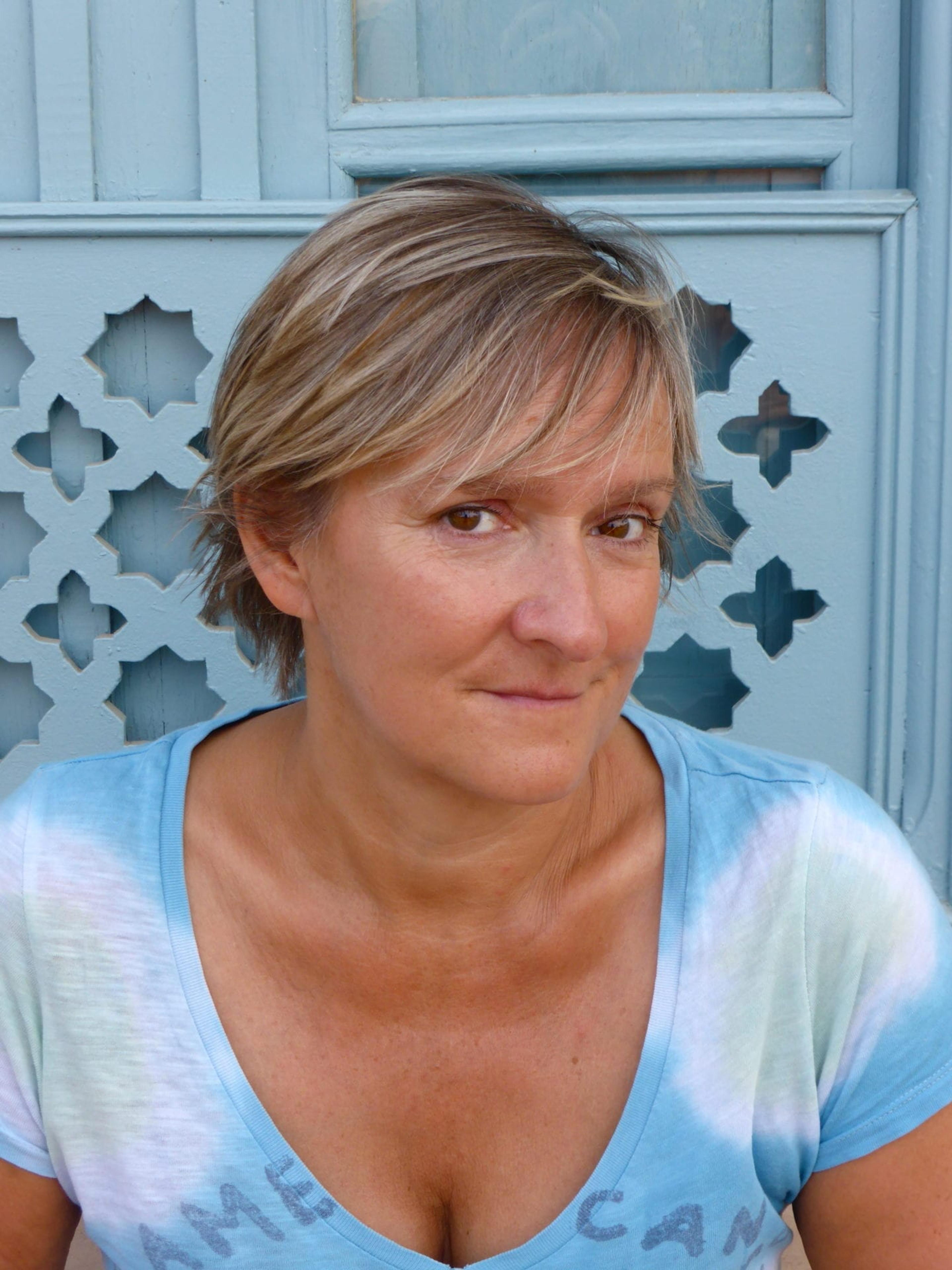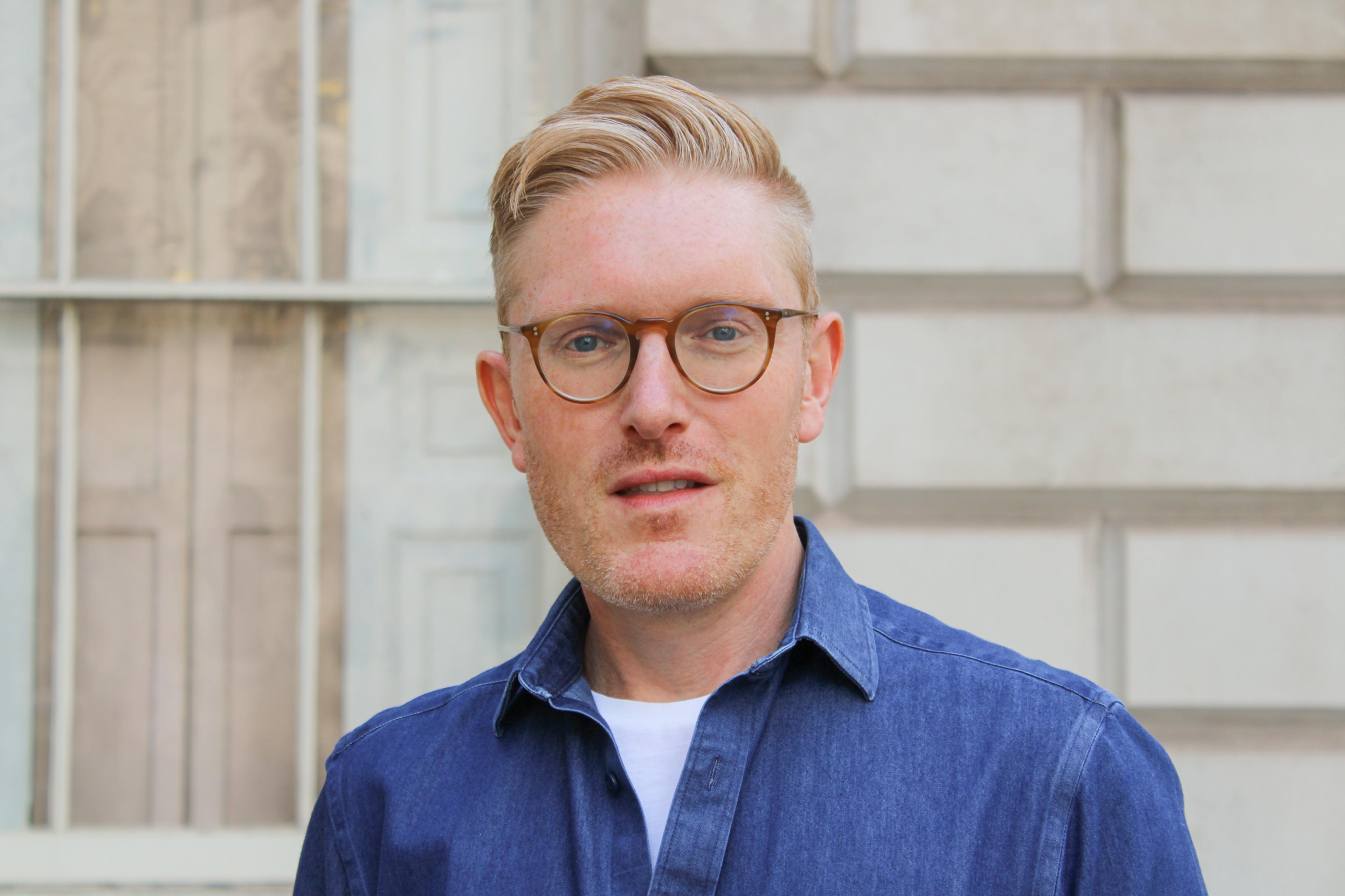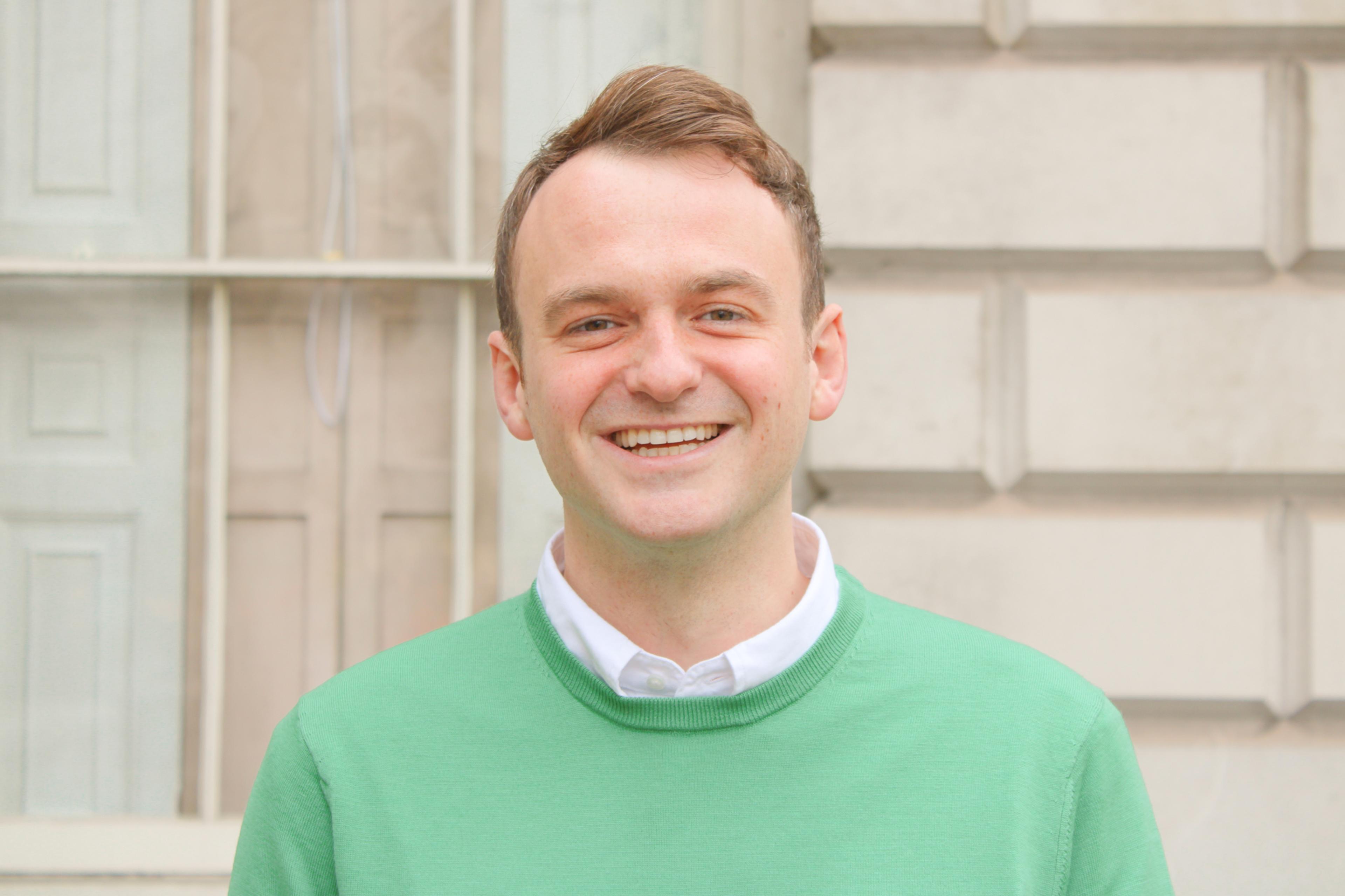DeborahWarner


Representation
About Deborah
Artistic Director of the Ustinov Studio, Theatre Royal, Bath
Deborah Warner CBE is a world-renowned British director of theatre and opera.
Deborah’s recent engagements include an Olivier Award winning production of Billy Budd for the Teatro Real Madrid, the Royal Opera House and the Opera di Roma; Messiah for the Opéra de Lyon; Wozzeck for the Royal Opera House and Peter Grimes for the Teatro Real Madrid, co-produced with the Royal Opera, the Opéra national de Paris and the Opera di Roma, where it will be seen in 2024.
In the 2020/21 season Deborah directed a new production of Britten’s Phaedra for the Royal Opera House as part of their 4×4 series for streaming during the Covid-19 lockdown. The work was subsequently reworked into the double-bill Phaedra/Minotaur, seen first at the Ustinov Studio, Theatre Royal, Bath and, in summer 2023, at the Edinburgh International Festival.
She has directed The Turn of the Screw for the Royal Opera House at the Barbican, which won her an Evening Standard and South Bank Award. She has directed Fidelio for La Scala, Milan; La Voix humaine for Opera North and both Don Giovanni and Fidelio for the Glyndebourne Festival. For English National Opera she has directed Death in Venice (also for La Monnaie and La Scala, Milan), Bach’s St. John Passion, Janáček’s The Diary of one who Disappeared, Messiah, Eugene Onegin and the world premiere of Tansey Davies’ Between Worlds. Her production of Dido and Aeneas has been seen at the Vienna Festival, the Opéra Comique in Paris and at the Dutch National Opera and she has directed La traviata at both the Vienna Festival and for the Théâtre des Champs-Elysées.

